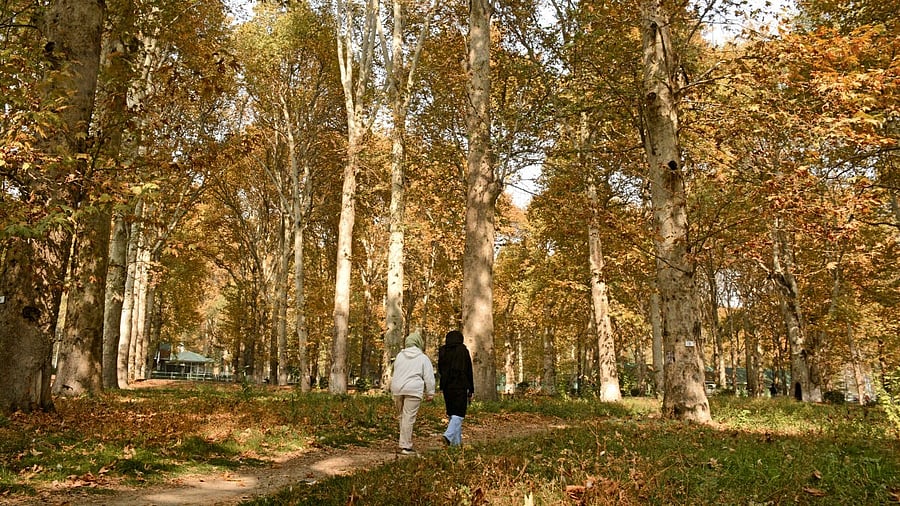
Srinagar: Since the revocation of Jammu and Kashmir’s special status under Article 370 in August 2019, 631 non-residents have purchased 48.25 acres of land across the Union Territory, with a combined value of over Rs 129 crore, according to official data.
Before August 5, 2019, Articles 370 and 35-A prohibited outsiders from purchasing land or securing government jobs in the erstwhile state — a protection that had long been seen by residents as a safeguard for their demographic and cultural identity.
The revocation of the special status, which bifurcated the erstwhile state into two Union Territories – Jammu and Kashmir and Ladakh - ended those protections, triggering widespread apprehensions among Kashmiris about losing control over their land and resources.
According to the data presented in the House during recent Assembly session, 378 non-residents purchased 26.5 acres of land in the Jammu region, while 253 outsiders bought 21.625 acres in the Kashmir Valley.
Interestingly, the majority of the “non-local” buyers — around 350 — are from the Union Territory of Ladakh, which was carved out of J&K after the 2019 reorganisation. Most of these Ladakhi buyers belong to the Muslim-majority district of Kargil.
While most buyers from outside J&K have purchased small plots, a few corporate and individual investors have acquired larger parcels. Delhi-based Luxury Resorts Pvt Ltd has bought three land parcels — 22 kanals, 3 kanals, and 6 kanals — in Srinagar’s scenic Chatterhama area. Another major buyer, H.G. Chawla, has purchased 15 kanals in the Harwan locality on the outskirts of Srinagar.
The list of non-local buyers also includes people from Haryana, Uttar Pradesh, Maharashtra, Punjab, Jharkhand, Delhi, and Bihar, though their numbers remain modest, not exceeding double digits. Only one buyer from West Bengal figures on the list, both in Jammu and Kashmir.
The first transaction by a non-local was recorded in 2020, when an outsider purchased one kanal (0.125 acre) of land for ₹10.06 lakh. Since then, land purchases by non-residents have steadily increased — from 57 buyers in 2021 acquiring a little over three acres, to 158 buyers in 2025 purchasing 106 kanals (13.25 acres).
The data, while indicating that large-scale land acquisition by outsiders has not yet occurred, has nonetheless rekindled old fears among Kashmiris, who see these developments as the beginning of a demographic shift in the region.
“Even if the numbers are small today, the concern is about what lies ahead. The legal barrier is gone, and that changes everything,” said a senior Srinagar-based lawyer, reflecting the unease that continues to simmer six years after the constitutional changes.
Like Ladakhis, many in Kashmir continue to demand constitutional and legal safeguards to prevent large-scale land transfers to outsiders. For now, the slow but steady trickle of non-resident land ownership has only reinforced the feeling that Jammu and Kashmir’s post-Article 370 landscape is transforming — one sale deed at a time.